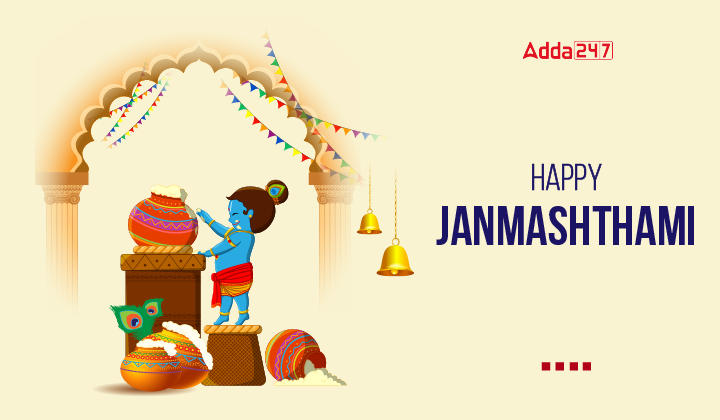Table of Contents
Krishna Janmashtami, a widely celebrated festival across India, marks the birth of Lord Krishna, the eighth incarnation of Lord Vishnu. Revered as the god of compassion, love, and kindness, Krishna’s life and teachings hold immense significance in Hinduism. This festival, also known as Janmashtami, Gokulashtami, and Srikrishna Jayanti, is observed with great enthusiasm and devotion.
Krishna Janmashtami Date & Timing
In 2024, Krishna Janmashtami will be observed on Monday, August 26, coinciding with the Ashtami of Krishna Paksha in the month of Bhadrapada. The most auspicious time for worship, known as Nishita Kaal, occurs late at night, when devotees perform special rituals to honor the exact moment of Krishna’s birth.
History of Krishna Janmashtami
The history of Krishna Janmashtami is deeply rooted in Hindu mythology. According to ancient texts, Krishna was born to Queen Devaki and King Vasudeva in a prison in Mathura, under the tyrannical rule of Devaki’s brother, Kansa. A prophecy had foretold that Kansa would be killed by Devaki’s eighth child. In fear, Kansa killed six of Devaki’s children, but Krishna was safely smuggled out of the prison by Vasudeva. He was raised by Yashoda and Nanda in Vrindavan, away from Kansa’s wrath. Eventually, Krishna fulfilled the prophecy by defeating Kansa, symbolizing the victory of good over evil.
Mythological Significance of Krishna Janmashtami
Celebration of Krishna Janmashtami
The celebration of Krishna Janmashtami is marked by fasting, devotional singing, and rituals. Devotees decorate Krishna idols, perform midnight prayers, and offer his favorite delicacies like maakhan (butter). In Maharashtra, the Dahi Handi event, where a human pyramid breaks an earthen pot filled with butter, is a highlight. Across India, temples are beautifully decorated, and scenes from Krishna’s life are reenacted, bringing communities together in celebration.




 Last Minute Preparation Tips for MP TET ...
Last Minute Preparation Tips for MP TET ...
 TS TET Application Form 2025 Out, Direct...
TS TET Application Form 2025 Out, Direct...
 Preparation Strategy to Crack DBT BET 20...
Preparation Strategy to Crack DBT BET 20...














